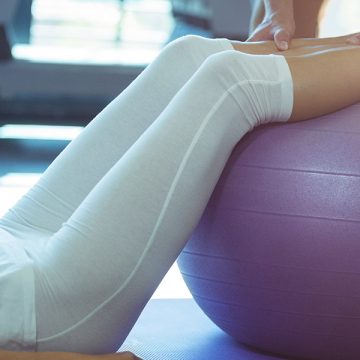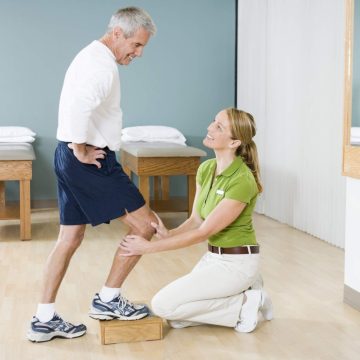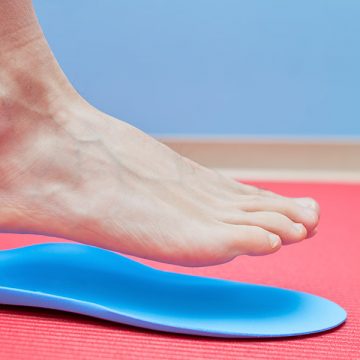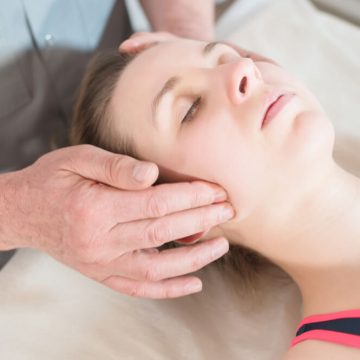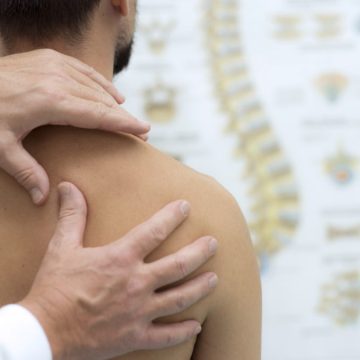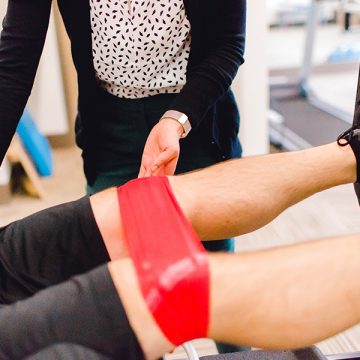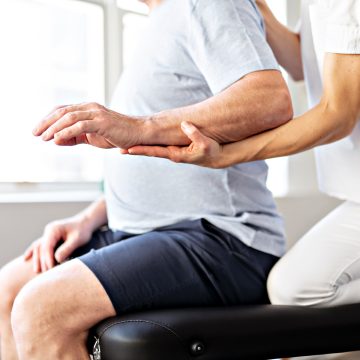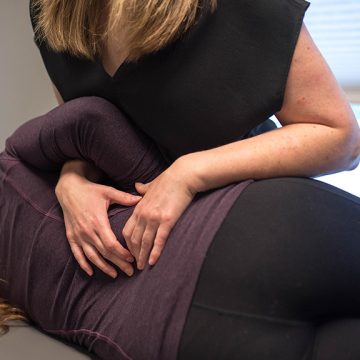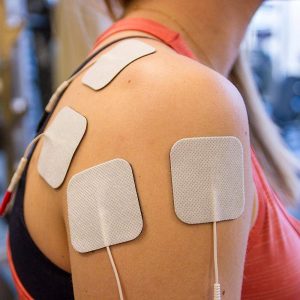Why Walk?
Walking is a gentle, low-impact form of exercise. It’s easy, free, and suitable for almost everyone. As a physiotherapist, I ask many of my patients to walk as part of their rehabilitation because it moves our bodies in the way they were intended. After all, we didn’t evolve to spend our days sitting at desks or in front of the TV. Here are 10 of the many wonderful benefits of walking!
1. It strengthens your heart
Regular walking has been shown to reduce your risk of heart disease and stroke. It lowers the levels of LDL (bad) cholesterol while increasing levels of HDL (good) cholesterol and keeps blood pressure in check. Walking briskly for up to 30 minutes can help prevent and control high blood pressure, reducing your risk of stroke. It’s the simplest positive change you can make to effectively improve your heart health.
2. It lowers your risk of chronic disease
A regular walking program can slash your risk of developing not only heart disease, but type 2 diabetes, asthma, and some cancers as well.
3. It helps keep your weight in check.
In order to lose weight, you need to burn more calories in a day than you eat. The easiest way to do this is by putting one foot in front of the other. Walking also increases muscle mass and the more muscle you have the faster your metabolism, so the more calories you burn even when at rest!
4. It increases energy
With our busy lifestyles these days, we can all use more of this! It might seem like a paradox (and the last thing you might feel like doing) but a brisk walk is one of the best natural energizers around. It boosts circulation and increases oxygen supply to each and every cell in your body helping you to feel more alert and alive. It wakes up stiff joints and eases muscle tension so you feel less sluggish. Always have a mid-afternoon energy slump at work? Head out for a walk at lunchtime instead of sitting in a restaurant or at your desk and see what a difference it makes.
5. It boosts your vitamin D levels
If you’re walking outside in daylight, you’ll be boosting your body’s stores of vitamin D – a nutrient that’s hard to get from food, but that we can synthesize from exposure to sunlight. Many people in North America are deficient in vitamin D and it’s a nutrient that plays a big role in everything from bone health to immunity. While sun safety is still important, experts agree that exposing as much skin as you can to the sun, little and often and without burning, will help you to produce sufficient vitamin D.
6. It can help prevent dementia
While there is currently no way to prevent dementia, the best evidence shows that regular exercise can help lower your risk. Regular exercise is so effective, it far surpasses any benefits from the drugs that are currently available. Striding out for as little as 20 minutes a day not only boosts and preserves your memory, but also improves your brain function.
7. It helps prevent osteoporosis and osteoarthritis
Walking counts as a weight-bearing activity. It stimulates and strengthens bones increasing their density, which is important, especially for women. It also helps maintain healthy joints so may stave off conditions such as arthritis.
8. It tones your legs, bum – and tum
A good walk can help strengthen and shape your legs, giving great definition to calves, quads and hamstrings and lifting your gluts (buttock muscles). If you really pay attention to your posture as you walk, it can tone your abs too. Not only does this help you to look good, it is an effective way to reduce and prevent low back pain.
9. It boosts immunity and helps avoid sniffles and sneezes
Every step you take mobilizes immune-system warriors that patrol your nose, throat, and lungs to take down invading cold and flu viruses. The benefit lasts for hours afterward — which may explain why people who exercise regularly have fewer colds than those who are inactive. When active people do catch a cold, their symptoms (sneezing, congestion, coughing, dripping) are also less severe.
10. It makes you happy!
The ability of exercise to boost mood is undisputed. Studies have shown regular, moderate-intensity exercise (such as brisk walking) to be as effective as antidepressants in cases of mild to moderate depression. Getting active releases feel-good endorphins into the bloodstream, reducing stress and anxiety. And don’t forget it’s often a social activity – joining a walking group or meeting friends to walk and chat is a great way to banish feelings of isolation and loneliness.
To maximize the health benefits, try to walk for at least 30 minutes as briskly as you can on most days of the week. ‘Brisk’ means that you can still talk but not sing, and you may be puffing slightly. Moderate activities such as walking pose little health risk but if you have a medical condition, check with your doctor before starting any new physical activity.
If you are not a walker yet, it’s as easy as starting with a few minutes a day. Grab a friend, take your dog along with you, or simply enjoy some time alone. As those endorphins start flowing, notice the sights, sounds and smells around you. Take a moment to counts your blessings and thank yourself for the wonderful gift of walking! Enjoy!
Lisa Poetker BMR(PT), Owner, St. Vital Physiotherapy and Sports Injury Centre




